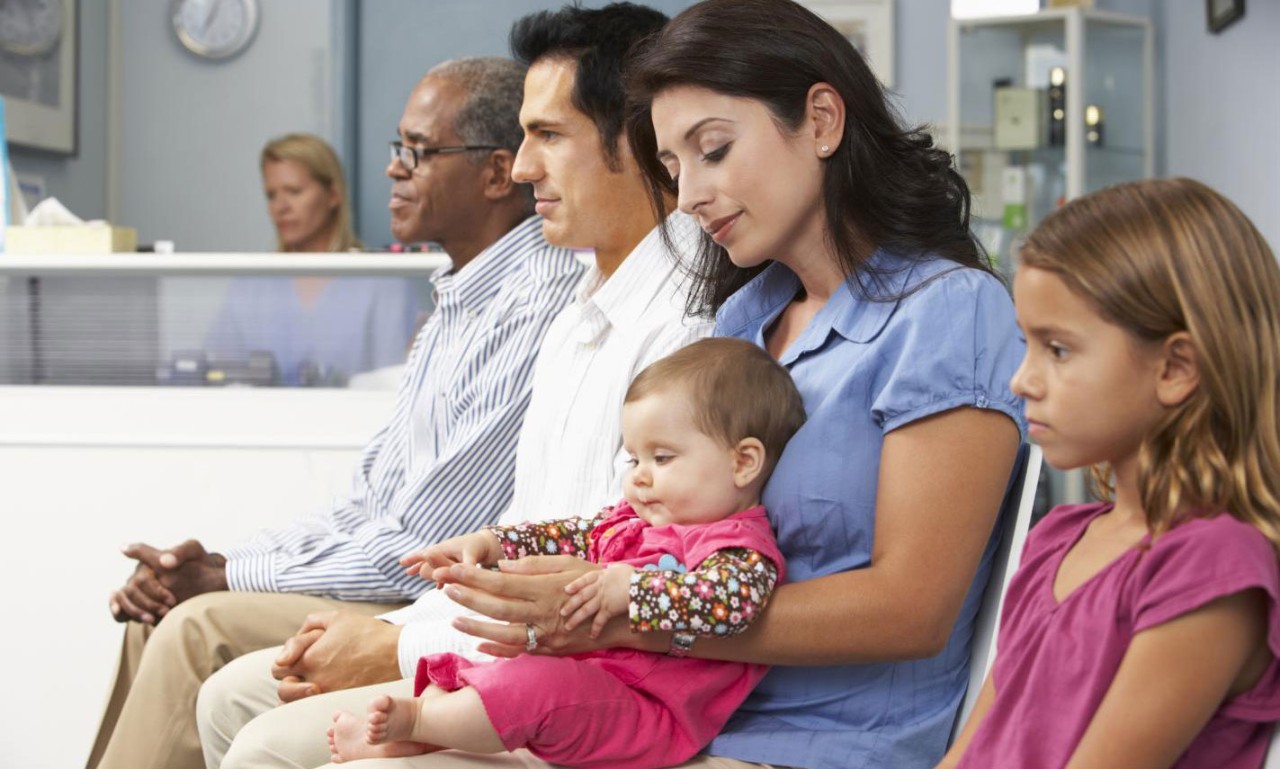Adverse Childhood Experiences
Trauma and Toxic Stress

How Brains are Built: The Core Story of Brain Development, October 10, 2013- Palix FoundationThe Alberta Family Wellness Initiative (AFWI) launched an animated video in an accessible and visually engaging format for public audiences. The AFWI developed the video with considerable input from the Harvard Center on the Developing Child and the FrameWorks Institute. Using metaphors developed by FrameWorks and tested with audiences both in the United States and in Alberta, “How Brains are Built” infuses core story concepts with energy, accessibility, and high fidelity to the science.

ACEs Connection Network is a social network that accelerates the global movement toward recognizing the impact of adverse childhood experiences in shaping adult behavior and health and reforming all communities and institutions -- from schools to prisons to hospitals and churches -- to help heal and develop resilience rather than to continue to traumatize already traumatized people. The network achieves this by creating a safe place and a trusted source where members share information, explore resources and access tools that help them work together to create resilient families, systems and communities.

Early Life Events That Can Damage Our Adult Health. Thanks to decades of neuroscience research on brain development, adversity and toxic stress, we now understand how a child who is exposed to violence or neglect or homelessness at an early age may develop behavioral and physical health problems later in life,” said Jane Lowe, senior adviser for Program Development at the Robert Wood Johnson Foundation (RWJF). “We can now use this rapidly evolving knowledge to create real-world solutions.”RWJF.org recently pulled together a collection of resources on “adverse childhood experiences”—how common they are and what they can mean for the adults those traumatized children become. The website includes an infographic that illustrates the subject:

TED Talk on Adverse Childhood Experiences by Dr. Nadine Burke Harris. Childhood trauma isn’t something you just get over as you grow up. Pediatrician Nadine Burke Harris explains that the repeated stress of abuse, neglect and parents struggling with mental health or substance abuse issues has real, tangible effects on the development of the brain. This unfolds across a lifetime, to the point where those who’ve experienced high levels of trauma are at triple the risk for heart disease and lung cancer. An impassioned plea for pediatric medicine to confront the prevention and treatment of trauma, head-on.

What Does the ACEs Score Mean? Dr. Robert Anda is one of the nation's leading experts in Adverse Childhood Experiences and helped develop the ACE assessment, which indicates the risk an individual has of physical and emotional damage resulting from childhood trauma, including violence, divorce, domestic abuse, sexual abuse, neglect, and more. In this part of his interview, Dr. Anda explains what an ACE Score means:

Family Resources and Trauma Informed Care is working to bring different professions together -- education, government, business, healthcare, the courts, attorneys, social agencies and others to create a Trauma Informed Care community in the Quad Cities. Dr. Robert Anda, a leading authority on Trauma Informed Care, talks in this video clip about the importance of Family Resources community effort:

Importance of ACEs is a Recent Discovery. Adversity is Not Destiny, But It is Risk. There have always been violent and dysfunctional families. Some children have been abused throughout history. But only in the past 10 or 20 years has the discovery been made showing the damage that is done by Adverse Childhood Experiences. A lack of awareness makes some people ask resistance questions such as, "Why should my tax dollars or my support go to help kids who go through these things when bad things happened to me, and I turned out okay?" Dr. Robert Anda, in an interview with Family Resources, answers this question. Family Resources is facilitating training in the Quad Cities with the aim of developing a Trauma Informed Care community

Building Resilience. Traumatic childhood events like abuse and neglect can create dangerous levels of stress and derail healthy brain development, resulting in long-term effects on learning, behavior and health. A growing network of leaders in research, policy and practice are leading the way in preventing adverse childhood experiences (ACEs) and mitigating their impact by building resilience. In this video, Robert Anda, co-principal investigator of the ACE study and senior scientific consultant for the U.S. Centers for Disease Control and Prevention, discusses how he became involved in the ACE study and how he sees the importance of prevention.

Building Resilience: In this video, Nadine Burke Harris, CEO and Founder for the Center for Youth Wellness in San Francisco, says that ACEs and toxic stress is the next massive public threat. Traumatic childhood events like abuse and neglect can create dangerous levels of stress and derail healthy brain development, resulting in long-term effects on learning, behavior and health. A growing network of leaders in research, policy and practice are leading the way in preventing adverse childhood experiences (ACEs) and mitigating their impact by building resilience.

The Resilience Effect is a movie about San Francisco efforts to address adverse childhood experiences.

